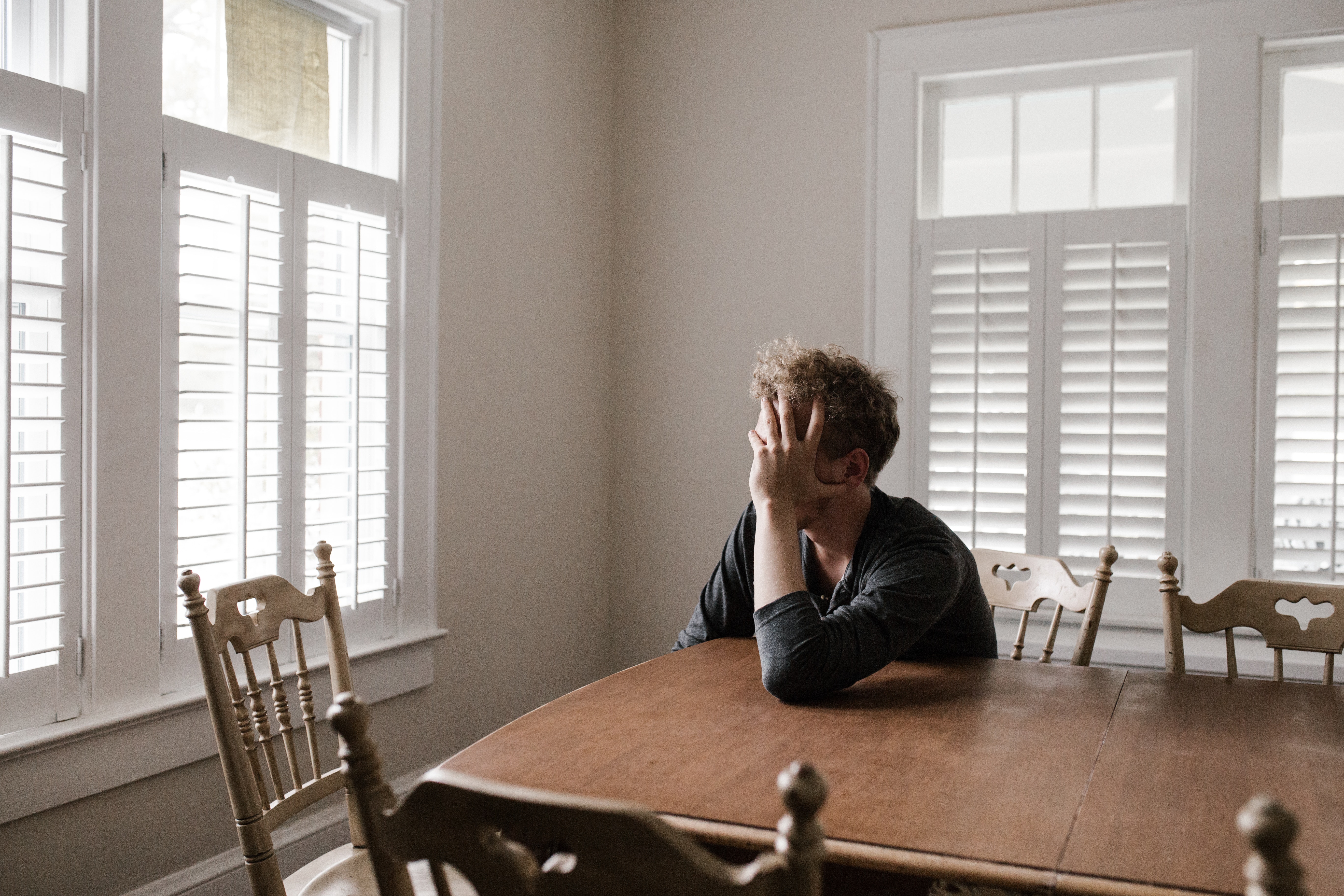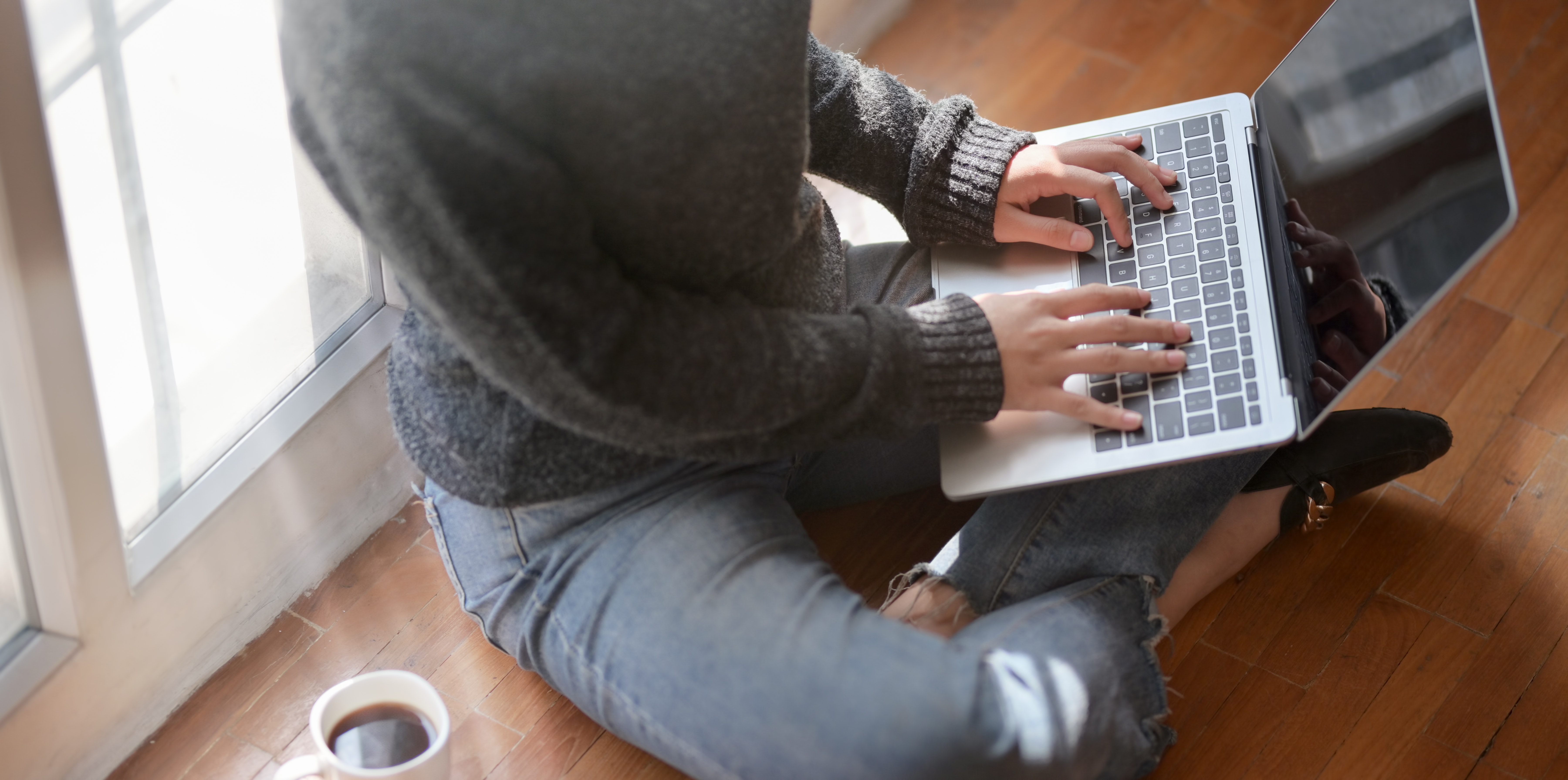Looking after your emotional well-being when social isolating and distancing
Social isolation, less physical activity, unpredictability and changes in routine can all contribute to increasing stress. Many people including those without existing mental health needs may feel anxious about this impact.

If you are receiving services for your mental health, learning disability or autism and are worried about the impact of isolation please contact your keyworker or care coordinator to review your care plan. If you have additional needs please contact your key worker or care coordinator to develop a safety or crisis plan.
Understandably, you may find that shielding and distancing can be boring or frustrating. You may find your mood and feelings are affected and you may feel low, worried or have problems sleeping and you might miss being outside with other people.
At times like these, it can be easy to fall into unhealthy patterns of behaviour which in turn can make you feel worse.
There are some simple things you can do that may help, to stay mentally and physically active during this time such as:
-
for ideas of exercises you can do at home, if you have access to the internet visit the NHS website for ideas
-
spend time doing things you enjoy – this might include reading, cooking, other indoor hobbies or listening to favourite radio programmes or watching TV
-
try to eat healthy, well-balanced meals, drink enough water, exercise regularly, and try to avoid smoking, alcohol and drugs
-
try spending time with the windows open to let in the fresh air, arranging space to sit and see a nice view (if possible) and get some natural sunlight, or get out into any private space.
-
Keep at least 2 metres away from your neighbours and household members if you are sitting on your doorstep
What steps can you take to stay connected with family and friends during this time?
Draw on support you might have through your friends, family and other networks during this time. Try to stay in touch with those around you over the phone, by post, or online. Let people know how you would like to stay in touch and build that into your routine. This is also important in looking after your mental wellbeing and you may find it helpful to talk to them about how you are feeling if you want to.
Remember it is okay to share your concerns with others you trust and in doing so you may end up providing support to them too. Or you might want to try an NHS recommended helpline.
Keeping informed
Constantly watching the news can make you feel more worried. If you think it is affecting you, try to limit the time you spend watching, reading, or listening to media coverage of the outbreak. It may help to only check the news at set times or limiting this to a couple of times a day.
Try to focus on the things you can control, such as your behaviour, who you speak to and who you get information from.
Every Mind Matters provides simple tips and advice to start taking better care of your mental health.

When to get help
If you are struggling with your mental health. The Grenfell Health and Wellbeing is here to help, there may be some slight changes to services but there is always someone available to talk.
You can access the following services:
- 8am-8pm Monday to Friday, weekends 9am-8pm - call the Grenfell Health and Wellbeing Service on 020 8637 6279 or by e-mail Grenfell.wellbeingservice@nhs.net.
- Out of hours - 8pm to 8am adults should call the NHS Single Point of Access for Adult Mental Health and the Grenfell Support line on 0800 0234 650 or e-mail cnw-tr.SPA@nhs.net. If a child or a young person up to the age of 18 years of age needs help or anyone else has a concern they should call the CAMHS Gateway Service on 020 3028 8475.
The NHS mental health and wellbeing advice website for self-assessment, audio guides and tools that you can use.
If you are still struggling after several weeks and it is affecting your daily life, please contact NHS 111 online or your GP. If you have no internet access, you should call NHS 111.

